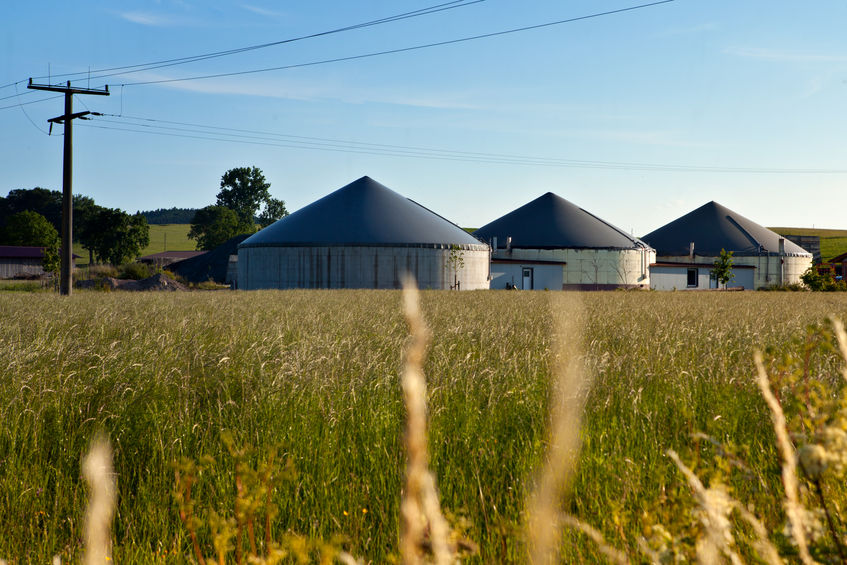Carbon savings from on-farm renewables 'must be recognised'

Carbon savings from on-farm renewables must be recognised, the Ulster Farmers' Union (UFU) has said in response to a government consultation.
The consultation proposes to achieve net zero carbon and affordable energy including a 70% renewable electricity target by 2030.
However, agriculture is not getting the credit it deserves on numerous fronts, the UFU explained in its response to the consultation.
The union stated that a 'reset' was needed and the contribution from the agriculture industry needed to be recognised.
Deputy president David Brown said its response focused on key areas relevant to the land-based sector, including distributed generation, battery storage, behind the metre technology, micro grids and peer-to-peer trading.
The response also included the need for more efficient utilisation of existing renewable installations and the role of biomethane, both in terms of injection into the grid and also in transport.
In June 2015, the UFU wrote to then Department of Agriculture (DAERA) Minister Michelle O’Neill, pointing out that the Renewable Energy Action Plan (REAP) launched in 2007 was failing to achieve sustainable development in relation to renewables.
Mr Brown said the message was for government to "facilitate the selling of energy, especially considering the potential of micro-grids/peer-to-peer trading, and we repeated this call six years later in our consultation response."
He added: “Through the generation of renewable energy on our farms, agriculture is playing an active role in reducing carbon emissions and we have resources at hand to play a major role, both in terms of existing but also future small-scale renewable generation.
"The land-based sector in NI is already producing enough renewable energy to provide power to 150,000 homes,” he said.
The second reason why a reset is needed concerns carbon accounting, Mr Brown said: “Farming is being targeted in the climate change debate and many seem unaware of the active role the land-based sector is making in the production of renewable energy.
"With technological developments this could be integrated into further farm businesses and the carbon savings could be accelerated," he explained.
“Yet, carbon savings emulating from on-farm small scale renewables are not being considered under current carbon accounting data.
"On-farm renewables fall into the energy inventory, the same way on-farm tree planting goes into ‘Land Use, Land Use Change and Forestry’ (LULUCF)."
Mr Brown said that the UFU message was that farmers in Northern Ireland were 'the climate change solution, not the problem'.
"Consequently, NI farming must be given credit for carbon savings emulating from on-farm renewable technologies and this need to be reflected in the agriculture figures,” he said.








